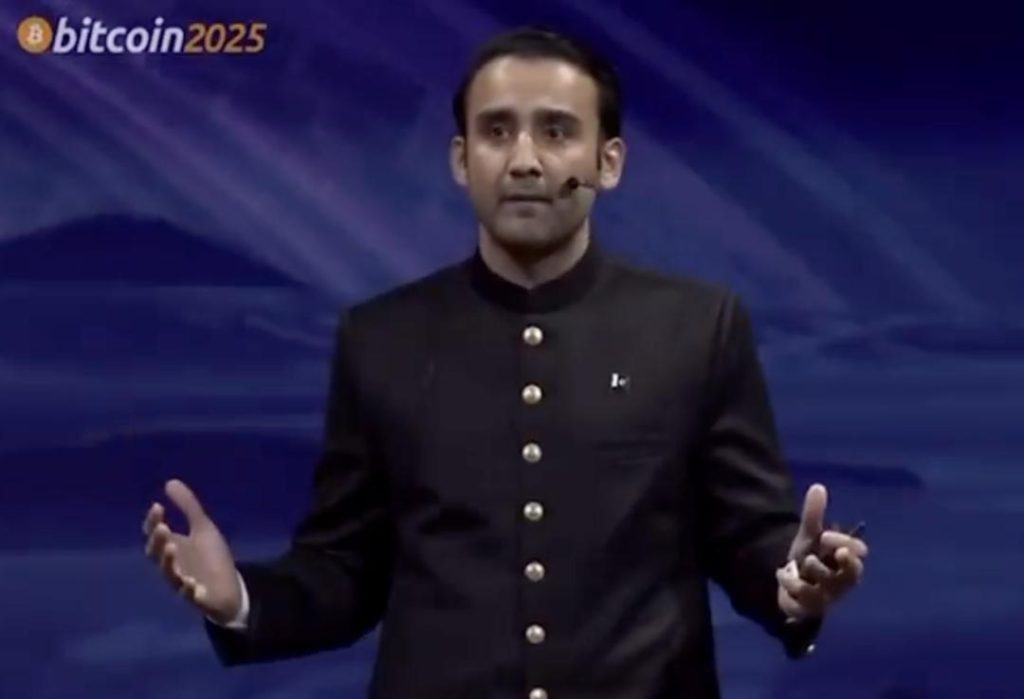
Pak & Bitcoin Suffer from Bad PR: CEO of Pak Crypto Body Linked to Trump-Backed Firm
In a recent statement, Pakistan Crypto Council CEO Bilal bin Saqib expressed his views on the negative press surrounding Pakistan and Bitcoin. He stated that both Pakistan and Bitcoin have suffered from bad publicity, which has led to a skewed perception of the country and the cryptocurrency. This comes at a time when the US President Donald Trump-backed World Liberty Financial is facing a Senate inquiry over its deal with the Pakistani cryptocurrency watchdog.
Saqib’s comments are a response to the widespread criticism and skepticism surrounding Pakistan’s involvement in the cryptocurrency industry. The country has been accused of being a hub for money laundering and terrorist financing, which has led to a number of sanctions and restrictions imposed by the international community.
In an effort to counter this negative publicity, Saqib has emphasized that Pakistan is being “misrepresented” and that the country is actually a victim of “bad PR”. He believes that the media’s portrayal of Pakistan is often biased and sensationalized, which creates a distorted view of the country.
Similarly, Saqib believes that the same is true for Bitcoin. He claims that the cryptocurrency has been “victimized” by negative press and that the media has created a negative narrative around it. He argues that the majority of people have a skewed perception of Bitcoin due to the sensationalized headlines and negative coverage it receives.
Saqib’s comments are not without controversy, however. The Pakistani cryptocurrency watchdog, which is linked to World Liberty Financial, has been criticized for its lack of transparency and lack of regulatory oversight. World Liberty Financial, which is backed by US President Donald Trump, has been accused of using its connections to manipulate the cryptocurrency market.
The Senate inquiry into World Liberty Financial’s deal with the Pakistani cryptocurrency watchdog has raised concerns about the potential for corruption and misuse of funds. The inquiry has also highlighted the lack of transparency and accountability in the Pakistani cryptocurrency industry.
Despite the controversy surrounding the Pakistani cryptocurrency industry, Saqib remains optimistic about the future of cryptocurrency in the country. He believes that Pakistan has the potential to become a major player in the global cryptocurrency market, and that the country’s youthful population and growing economy make it an attractive destination for cryptocurrency investors.
However, Saqib’s comments have been met with skepticism by many in the cryptocurrency community. Some have accused him of trying to whitewash Pakistan’s image and downplay the country’s involvement in illegal activities. Others have criticized him for his lack of transparency and accountability, and for failing to address the concerns about the Pakistani cryptocurrency industry.
In conclusion, while Saqib’s comments may have been intended to promote a more positive image of Pakistan and Bitcoin, they have also raised concerns about the lack of transparency and accountability in the Pakistani cryptocurrency industry. As the industry continues to grow and evolve, it is essential that regulatory bodies and industry leaders prioritize transparency and accountability to build trust and credibility with investors and the wider public.






